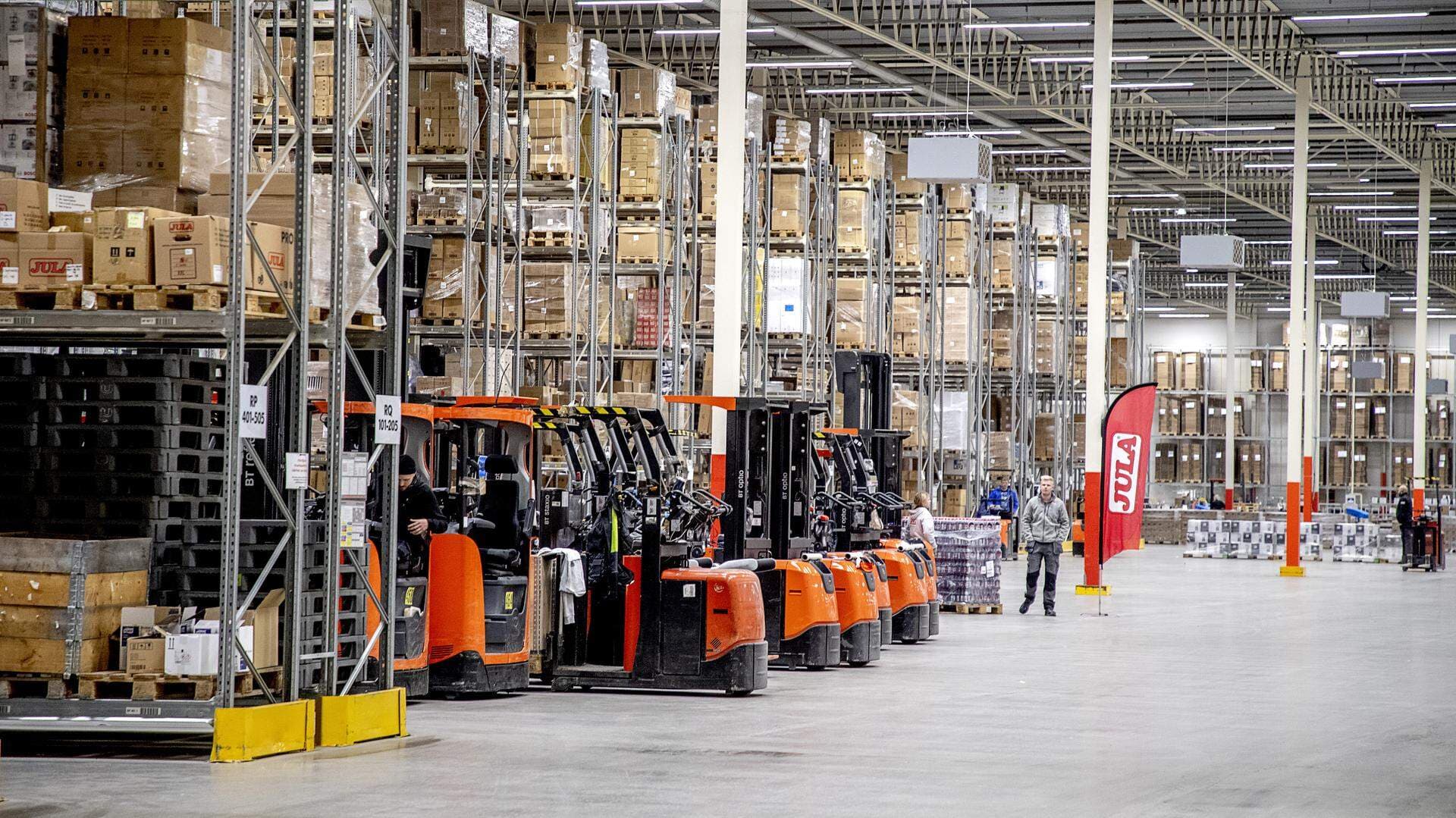Business survey: delivery delays are hampering imports
Swedish businesses are continuing to face major problems with their imports. In the Confederation of Swedish Enterprise’s latest survey, more than eight out of ten companies say they are encountering problems when importing, and it is mainly delays in deliveries and rising prices that they are experiencing. For more than half of the companies involved, the solution to their problems has been to increase stockpiling.

In the latest business panel by the Confederation of Swedish Enterprise, conducted between 26 April - 13 May, the questionnaire asked for information on companies’ supply chains. The responses received make it clear that companies are encountering issues, with more than eight out of ten importing companies answering a clear ‘yes’ to the question of whether they are experiencing difficulties when importing from abroad.
Just under seven out of ten businesses are facing delays in deliveries (66%), over six out of ten are experiencing increased prices (63%) and just over half are encountering shortages of goods and services (53%). Compared to the last survey, conducted in March, these figures are slightly lower; however, compared to November 2021, there has been a significant increase in all areas. Clearly, these troubling times are continuing to affect Swedish companies’ trade with the rest of the world.
Most of the companies surveyed have taken measures, or are planning to do so, to overcome these problems - 67% of the importing companies have confirmed this is the case.
Clearly, the most common measure is for companies to increase the size of their inventories. Over half of the companies asked say they are taking such a step or plan to do so in future. In addition, around a third of companies are increasing the number of suppliers they buy from to spread the risk. This shows that there is a clear trend towards increased stockpiling and diversification. There are however still relatively few companies who are indicating that they are moving, or are planning to move, production back to Sweden and the surrounding area (reshoring/nearshoring). The proportion of companies citing this as a preferred solution is remaining stable throughout the surveys at around 10-12%.
The industry experiencing the greatest problems
The survey also provides insights based on company size, sector and their region of operation, and it is clear that industry is experiencing the greatest problems. In addition, the percentage of respondents who say they have problems is larger for bigger companies.
Among industrial firms, three out of four (75%) say they are facing problems with delays, while 72% say they are encountering issues with rising prices. Industrial firms are also more likely to say that they are increasing their stockpiling than retailers for example - 69% versus 44%. The proportion of industrial companies saying they are moving production home, or are planning to do so, is also above average.
Finally, the results show that supply chain problems are nationwide. There are no differences between the northern, southern, western and central regions; all four reflect the national average.